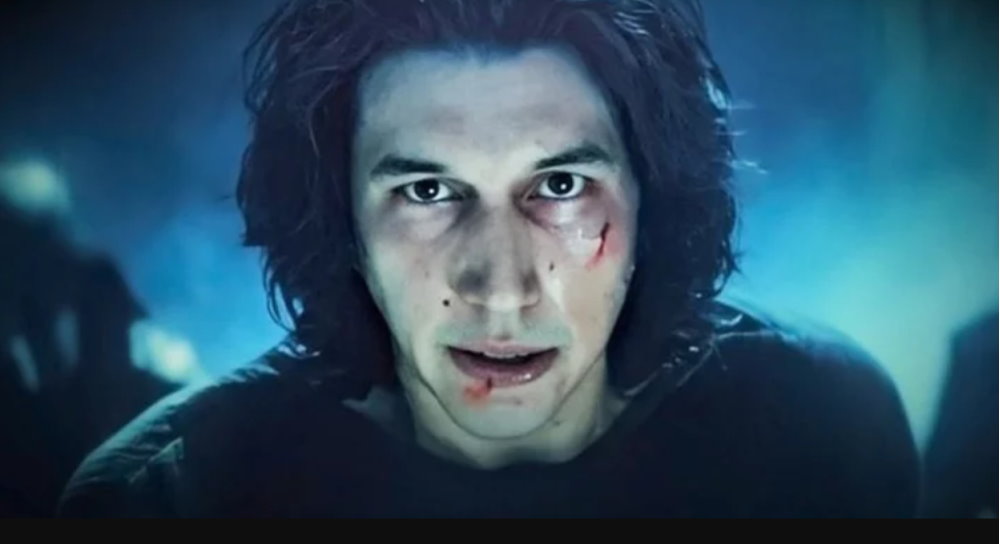In what is certainly one of the news items of the Star Wars year, not only have we learned this week that Adam Driver had developed a post Episode IX Ben Solo project with Steven Soderburgh and the uncredited writer on Rogue One Scott Burns called ‘The Hunt For Ben Solo‘, but it had been very much championed by Lucasfilm at all levels, to the point where the script, budget, and proposed start date were in place, only for Alan Bergman and Bob Iger at Disney to slam on the brakes and derail the project. The Playlist delve further into the weeds of this headshakingly surprising turn of events.
Sources close to the project emphasize that this was not a loose concept or early pitch. The film, operating under the codename Quiet Leaves, had a finalized screenplay and was entering early prep and staffing stages. Disney purchased a fully developed treatment and beat sheet, developed by Soderbergh and screenwriter Rebecca Blunt (the pseudonym for Jules Asner, Soderbergh’s wife, who also wrote “Logan Lucky”), and hired Scott Z. Burns—who was paid more than any screenwriter in Lucasfilm history—to complete the screenplay. Burns’ connection to “Star Wars” goes back further than most realize: The Playlist previously reported in 2016 that the “Contagion” screenwriter was one of the uncredited writers on “Rogue One” before Tony Gilroy came aboard to take over and complete that film. According to insiders, Kathleen Kennedy, Dave Filoni, and Carrie Beck were directly involved throughout development and were reportedly enthusiastic about the drafts that came in. Kennedy and the “Star Wars” Story Group waited until the project was “ready to shoot” before they presented it to Disney. When the final script, budget, and proposed start date were delivered to Disney, it marked the first time Lucasfilm had ever presented a fully approved project that did not move forward
Steven Soderbergh reveals that THE HUNT FOR BEN SOLO was the first time Lucasfilm had a finished script ready for greenlight rejected by Disney.
“In the aftermath of the [Hunt for Ben Solo] situation, I asked Kathy Kennedy if LFL had ever turned in a finished movie script for… pic.twitter.com/LTD8aV2B7i
— Star Wars Holocron (@sw_holocron) October 24, 2025
After the submission, the project stalled at the executive level. Sources say Bergman took an unusually long time to read the script, and when he and Iger finally responded, their primary concern was narrative continuity—specifically, uncertainty about how Ben Solo could be alive following the events of “The Rise of Skywalker.” Internally, that reaction surprised Lucasfilm leadership, who reportedly felt the story’s logic was clear and creatively sound. Several people close to the production interpret the decision as politically motivated, coinciding with Iger’s efforts to position Bergman as his successor at Disney.
As we suspected, this story is going to run and run, and we’ll be discussing it in further detail on the next episode of Making Tracks.


